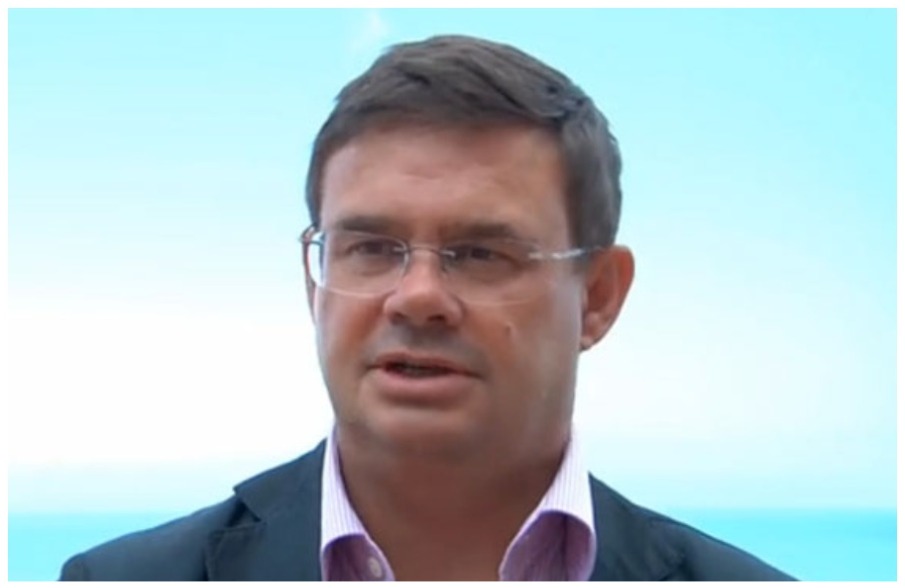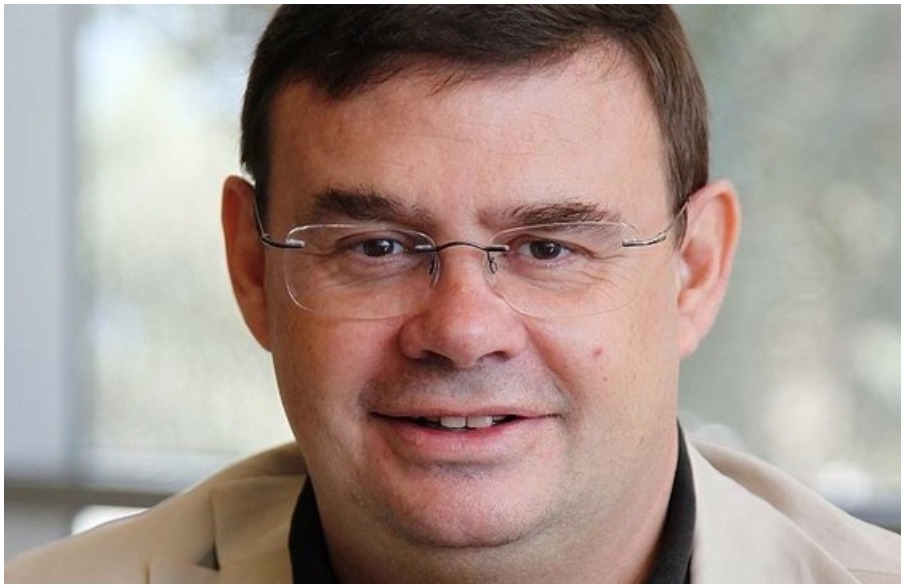At this year’s Venice International Film Festival, the Venice Production Bridge showcased its growing influence in supporting filmmakers and industry professionals. With an increase in participation and a dynamic agenda, the event cemented its reputation as a vital hub for co-productions, financing, and industry networking . We discuss these results with the director of VPB, Pascal Diot.
Growing success of Venice Production Bridge
The Venice Production Bridge is rapidly expanding, as noted by Pascal Diot, the director responsible for its organization. “We have increased participation across all our events, including the Venice Financing Market and the Venice Market,” he stated enthusiastically. Despite the lack of exact figures yet, he shared that the number of professionals attending has grown, reflecting the event’s rising importance on the global film industry calendar. Industry professionals attending the event have echoed this sentiment, describing the atmosphere as both productive and intense. A young producer highlighted how the event allows filmmakers to focus on production and networking rather than just viewing films—an essential distinction for industry growth. The event’s structure of one-on-one meetings, panels, and market screenings fosters a creative environment that goes beyond traditional film markets.
Focus on international engagement
This edition spotlighted three key countries: the United Kingdom, Chile, and Morocco. Each country reported positive outcomes from their participation. The UK’s representation was particularly successful, with numerous immersive projects gaining traction. “They ticked all the boxes, showcasing a broad and innovative portfolio,” Diot pointed out. Chile’s filmmakers expanded their network of financiers and co-producers, enjoying strong project attendance and fruitful connections. Morocco’s involvement was notable not only for its quality but also for the presence of the country’s Minister of Youth, Culture, and Communication. The Moroccan delegation was evidently impressed by the event’s unique format. The minister’s visit underscored the bridge’s significance as a connector for in-progress projects, setting it apart from traditional markets that focus solely on finished films.
A unique market and networking platform
Unlike conventional film markets, Venice Production Bridge operates as a hybrid platform—part co-production market, part deal-making hub. It offers opportunities for project financing, streamers, sales agents, and distributors to engage with filmmakers at different stages of production. “We’re not just selling finished films; we’re working with projects in development or pre-production, providing services that support the entire filmmaking process.” This approach attracts a diverse crowd seeking not only to buy or sell films but also to forge strategic partnerships.
Expanding the ecosystem: future initiatives
Looking ahead, Pascal Diot revealed plans to enhance the event further. One future initiative involves creating a dedicated space for film commissions and studios—especially those involved in virtual production. The goal is to facilitate direct connections with over 1,500 producers at a single event, providing exposure and fostering international collaborations. He emphasised the value of leveraging the Venice platform to benefit both local regions and international markets. “This double-win scenario helps professionals showcase their facilities while gaining global visibility,” he said.







































